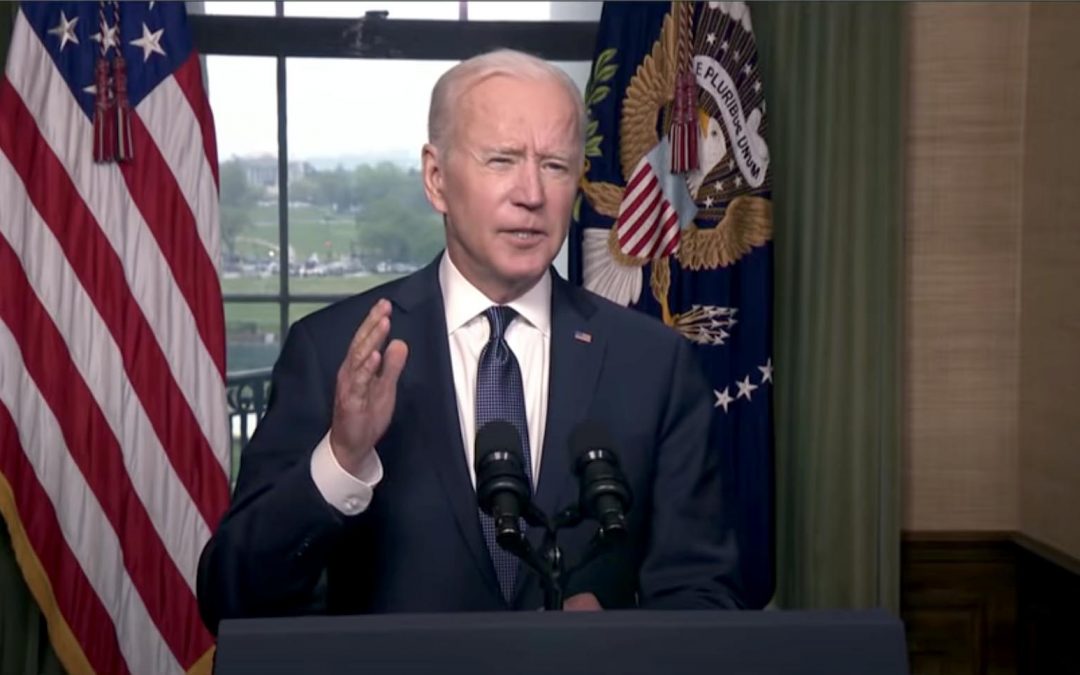WASHINGTON — The withdrawal of U.S. troops from Afghanistan threatens the essential rights of Afghan women to education, healthcare, employment and participation in politics, and some activists could be in danger from the Taliban, according to several experts and former President George W. Bush.
“There is an incredible level of anxiety now among women in Afghanistan, particularly those women who have had a chance to play a part in public life, to get an education, even in higher education, or start their businesses,” said Patricia Gossman, associate director for the Asia Division at Human Rights Watch.
Gossman said Afghan women’s future “looks not only uncertain, but frighteningly so in the sense that we are seeing the Taliban now take control of many more districts in Afghanistan and now threatening any number of provincial capitals, so I think it is a very dire situation.”
Bush said that the U.S. withdrawal from Afghanistan will have serious repercussions, especially for women and girls.
“I am afraid Afghan women and girls are going to suffer unspeakable harm,” Bush said Wednesday in an interview with the German news organization Deutsche Welle.
The Biden administration stressed that the Afghans must decide their own fate. Human rights experts have said there is a real threat that the Taliban will increase their control over more of the country and will reimpose restrictions on women’s rights.
When the Taliban came to power in 1996, women were unseen in public life and prevented from participating in education. As it started to regain power in 2015, about 3.7 million children did not attend school, 60% of whom were girls, according to the United Nations Children’s Emergency Fund.
In some provinces under their control, the Taliban have restricted education for girls by limiting the number of years they can attend school, and those who attempt to continue their education face threats to their safety.
Recently, Human Rights Watch issued a statement urging the Biden administration to help Afghans who had worked with the United States to improve the country’s civil society. HRW called on President Joe Biden “to provide more support for refugees, sort of opening up of slots for civil society activists, women’s rights activists and others who are at risk because of the U.S. departure with the Taliban gaining ground,” Gossman said.
Biden’s national intelligence director’s office’s own National Intelligence Council Report said the withdrawal of U.S. troops from Afghanistan by Aug. 31 puts the progress of women’s rights at risk.
Lina Abirafeh, executive director of the Arab Institute for Women at the Lebanese American University in New York, said Afghan women’s rights activists are not optimistic about the future due to the lack of funds for projects that support women in public life.
“It is impossible to guarantee women’s rights anywhere. Women’s rights in Afghanistan are uncertain under Taliban rule,” Abirafeh said. “Afghan women must obtain their rights in terms of education, jobs, healthcare, practicing politics and being in Parliament as members.”
The U.S. military said Tuesday that the withdrawal was 95% complete. NATO has also been gradually withdrawing its troops since May 1.


